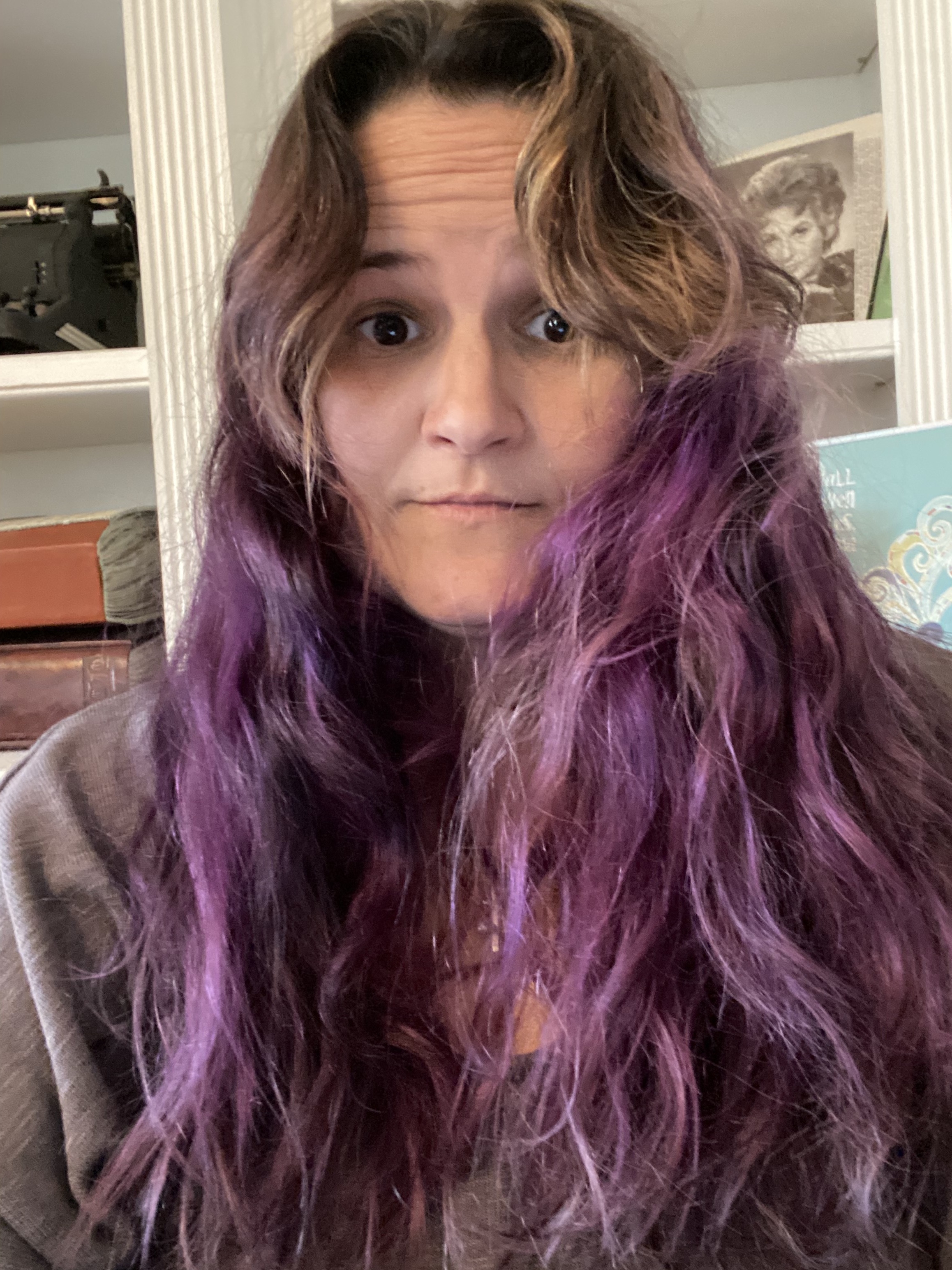I am writing this blog post in the hopes that Rotten Tomatoes will revise its series description for Maude, and IMDb will edit their Storyline.
As a younger person, the only thing I’d ever heard about the 70s TV show Maude, was what Maude did for Feminism; even today, my friends perceive Maude in just that light. There’s another important aspect of the show that is being lost, and I’d like to talk about it.
A 1999 L.A. Times article announcing a Maude marathon was titled “‘Maude’ Returns to Flex Her Feminist Muscles.” While the article itself did delve deeper into “the validity of [Maude’s] liberal bent,” the title was perhaps the onset of the Feminist eclipse of the true genius of Maude: a show that called out the well-meaning Liberal.
Today’s Rotten Tomatoes series blurb describes Maude as “The popular—at times controversial—‘All in the Family’ spin-off headlined by the anti-Archie Bunker: the indomitable, outspoken and passionately liberal Maude Findlay.”
Similarly, the IMDb Storyline for Maude describes Maude as a “liberal, independent woman.”
“Passionately liberal” and “liberal, independent woman” are insufficient descriptions for a problematic Liberal who, as creator Norman Lear himself described, “didn’t take the responsibility to learn what she needed to learn to back up all of her strong liberal feelings. Which is true of a lot of us Liberals.”*
“True of a lot of us liberals.” Half a century ago, Norman Lear was calling out the well-meaning Liberal and we’ve forgotten that.
In the episode “Maude Meets Florida” (which should be required viewing for all White Liberals in America), Maude, played impeccably by Bea Arthur, is about to interview a housekeeper who has just rung the doorbell. Maude knows that the housekeeper is Black because she has specifically (problematically) requested a Black housekeeper.
Making her way to the door, Maude admonishes her daughter: “Carol, listen, from that look on your face, you are going to scare that poor woman to death. Carol, you don’t know how frightening it is for them, to come into a brand new situation in a White household.”
Them is a pronoun that refers to an antecedent–something that already has been specified–and typically replaces the closest previous noun. But here, Maude goes from referring to that poor woman (one specific woman, Florida) to them. ‘Them’ is not that poor woman, or all women, or housekeepers. ‘Them’ = Black people, and the audience members all know this. We know because racial division is America’s antecedent.
Racial division is being reinforced in well-meaning Maude’s language, and the genius of spotlighting that is being lost to Feminism. Immediately after Florida leaves, Maude again admonishes her family: “With all that quarreling and bickering, the poor woman doesn’t know what to think…Carol, that woman needs our help.”
Despite all evidence to the contrary, Maude believes that Florida needs, as Teju Cole coined, a White Savior.
You could use just a few episodes of Maude to teach an entire semester of, say, “Microaggressions and Centering: The Flaws of the Liberal White Feminist.” In Season 2, Maude is talking to Florida as she prepares for a Black teen to come stay with her. “You know, here we are the first family to take a minority child to stay with us over the school vacation. With us leading the way, Florida, this entire white neighborhood will very soon be sprinkled with little black faces like flowers.”
Maude is the first. Maude is leading the way. Maude is saving all the little Black children.
Liberal White women centering themselves is how we find ourselves with a purely-Feminist branding of Maude today.
While researching Maude, I came across “What I Learned about Feminism from Binge-Watching All Six Seasons of Maude,” written by So you want to talk about race author Ijeoma Oluo. Under the heading “Everyone Totally Knew How Racist White Liberals Are,” Oluo wrote, “[Maude] is White Feminism incarnate. Some of the biggest laughs of the show are in watching Maude make a complete ass of herself in her attempts to “save” those she views as less fortunate while everyone else is all “White people. Amirite?” It would be really awesome if we could be as honest about racism in our modern-day progressive movements.”
I agree. And being honest about Racism includes being honest about Maude. When the show premiered in 1972, TV Guide presented Maude as a “knee-jerk liberal.” That’s certainly more accurate than “passionate.”
In A Century of Celebrating: Disrupting Stereotypes and Portrayals of African Americans in the Media, Marlo Barnett and Joseph E. Flynn wrote, “Although not an African American, television producer Lear, the creator of All in the Family, Maude, Good Times, the Jeffersons, and Sanford and Son, successfully used his White privilege to challenge many of those negative stereotypes and offered a clearer window into the Black community’s culture and struggles.”
Failing to capture this aspect of Maude in series descriptions does a great disservice to the show, the audience, and the great Norman Lear. The show’s context of calling out a problematic Liberal has been lost, and Rotten Tomatoes and IMDb are helping it stay lost.
*Interview on Bonus DVD, Maude box set (Shout!)
